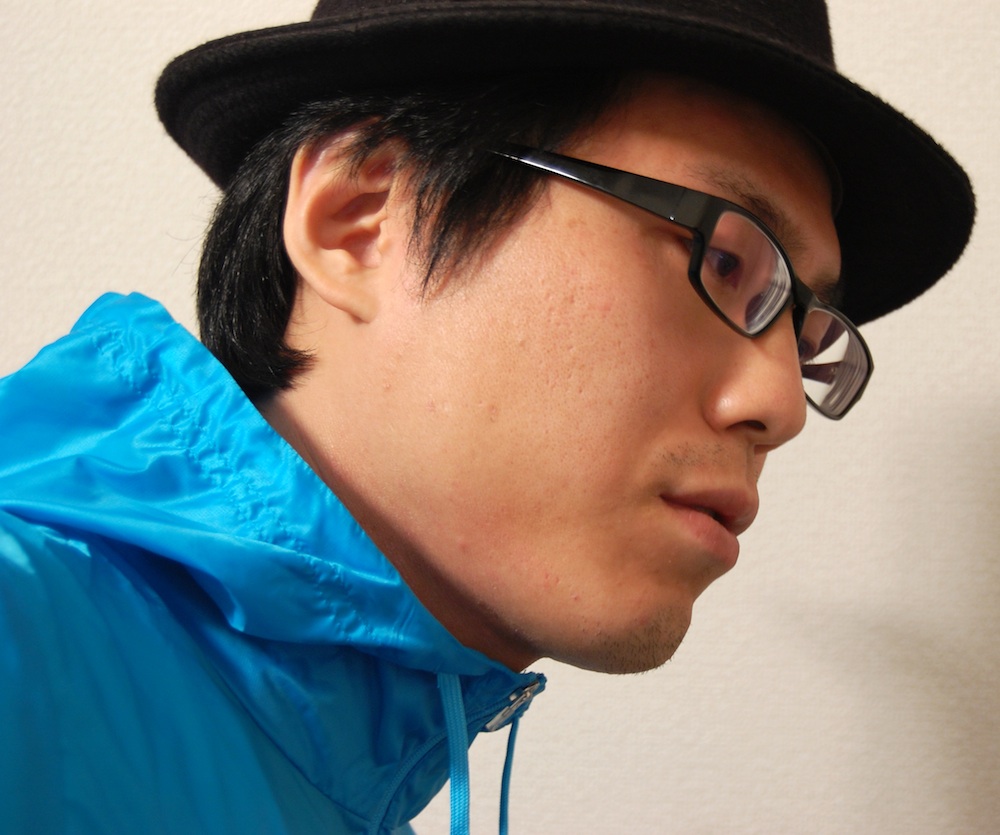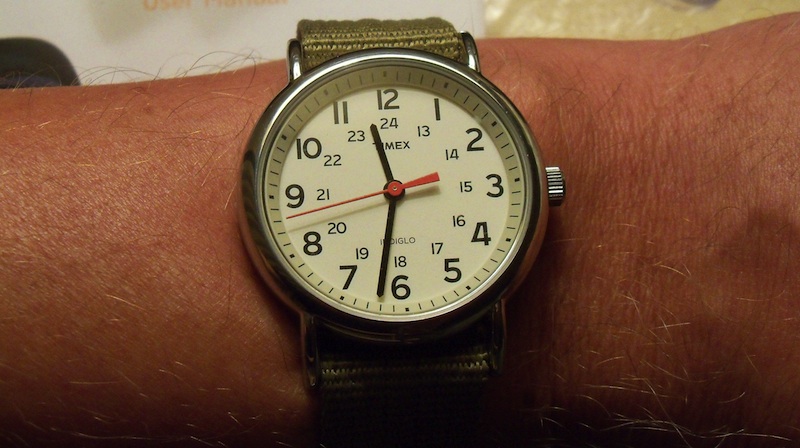"I should have said": Singles can't win playing that game

The "I should have said" game is one of the most destructive things singles can do. I should know. I did it for decades before I wised up.
Most single people are familiar with it. Someone criticizes you or insults you during the day, then you spend the rest of the evening replaying the incident in your mind, making up sarcastic comebacks that you "should have said" but weren't clever enough to think of at the time.
At first it seems harmless. We rarely confront the person later with our snappy reply because, well, the moment has passed. But there's more to it than there seems. This is not the kind of thing you should be spending your time on.
Self-esteem and balancing your life
With rare exceptions, human beings build their self-esteem over time. Our confidence grows as we master various situations. We learn important truths as we grow up, and that process can take a lifetime.
Playing the "I should have said" game is a tip-off your self-esteem has been wounded and you're trying to fix it. Think of your confidence as a rowboat. The things that happen to you are cargo. Too many hurtful things get stacked on one side and your boat threatens to capsize. Too many nice things get stacked on one side and you're in danger of becoming arrogant, thinking you're always "entitled."
When someone insults us, we stew over the episode throughout the evening and even after we go to bed. Those comebacks we make up are our attempt to rebalance our cargo. We want our little boat sailing smoothly again.
Unfortunately, all those instant replays are not the way to do it. They turn that other person into an enemy, when that's not what they may be at all, and if you're a Christian, your job is not to go around creating enemies. It's to love people. (Well, that's the subject for another article.)

When you put yourself in constant
defensive mode, you walk around with a chip on your shoulder, just
waiting for someone to offend you. You may even become extra touchy to
encourage it.
Imagining all the things you should have said takes you in the wrong direction. It does not build your self-esteem.
Why this game is a sure dead-end
Let me give you three quick reasons why thinking about all the things "I should have said" is an unhealthy exercise:
1. You could be spending your time on something useful. You could be reading, watching TV, relaxing to good music, or getting some exercise. Instead, your blood pressure is going up. Your stomach may be tightening. You may even work yourself into a headache. Negative thoughts can lead to negative consequences. Truthfully, now, wouldn't you rather spend your spare time enjoying yourself rather than brooding over something that's past and gone?
2. Some criticism is actually helpful, if you can get beyond your sensitivity. Again, it took me many years to step back and look at myself objectively. As you build your own self-esteem, you're able to see yourself clearer. We all want to improve. If you can get past the other person's sometimes inconsiderate words, you can find a grain of truth and make a needed change.
3. Getting back at the other person is simply not your job. The apostle Paul said it clearly in the book of Romans:
"Do not take revenge, my friends, but leave room for God’s wrath, for it is written: “It is mine to avenge; I will repay,” says the Lord." (Romans 12:19, NIV)
None of that eye for an eye stuff. Here's the advantage to letting God handle it. If the person actually was in the wrong, God will somehow, in his own time, repay him or her. If, however, the person was right and you're too close to recognize it, God will let the matter drop--except that he will help you make the needed change if you ask him to.
Self-esteem is key to beating "I should have said"
The key to stopping the "I should have said" game is where you base your self-esteem. If you base it on constantly balancing your cargo, you'll be replaying your hurts and making up comebacks for the rest of your life.
I had to learn through painful experience that once I trusted Jesus to fight my battles for me, insults, slights, snubs and unfair criticism bounced off me like ping pong balls. I started to come home from work in the evening, crank up the usual mental replay, then I stopped and said, "Nope. You take care of it Jesus. That's your job, not mine."
Eventually I replaced that "I should have said" bad habit with a good one, turning it all over to God. Changes that big are never easy. In fact, it took me years, as I looked to God for my self-esteem instead of myself or things of this world.
As I said somewhere else, good things take time, especially positive changes. Take it from me, it's worth it. You have more important things to do with your life, and it's time to start doing them.
If you liked "I should have said," you might also enjoy stop beating yourself up...








